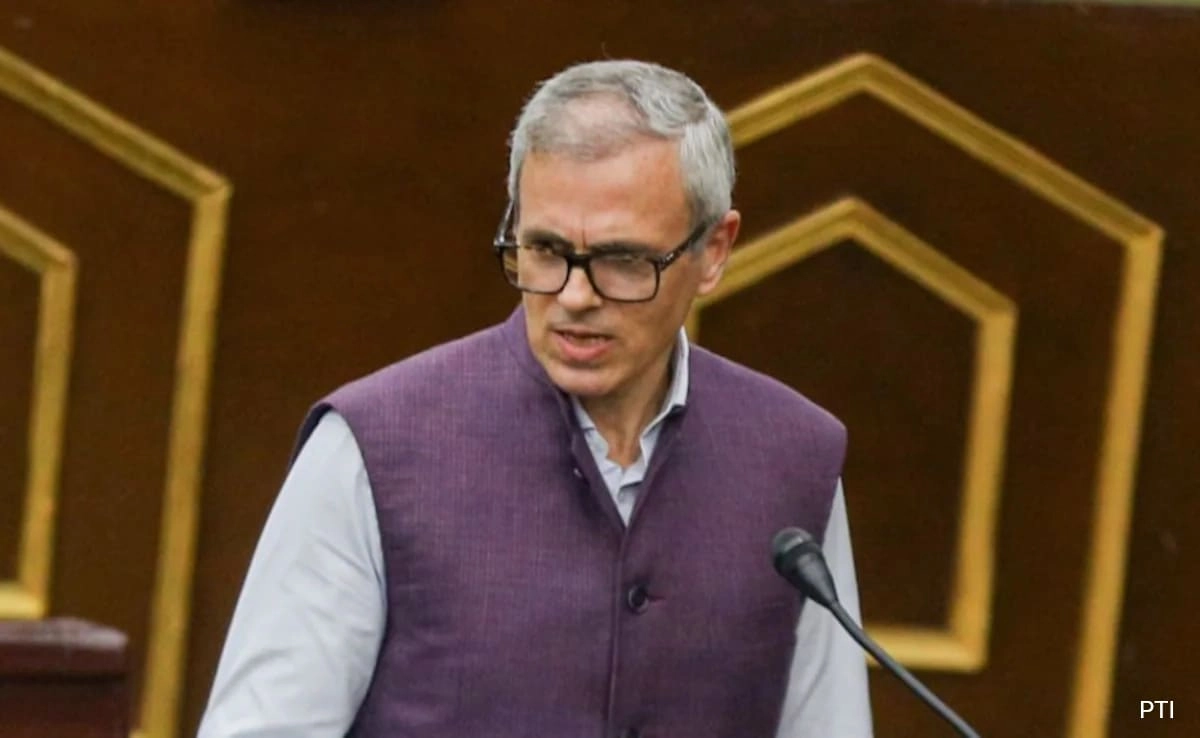Omar Abdullah, the former Chief Minister of Jammu and Kashmir, has recently expressed strong criticism of the Indus Water Treaty, describing it as the “most unfair document” for the people of the region. This treaty, which was brokered in 1960 between India and Pakistan with the assistance of the World Bank, governs the allocation of river waters from the Indus River system. While the agreement was intended to resolve water-sharing disputes between the two nations, Abdullah argues that it has disproportionately favored Pakistan at the expense of Jammu and Kashmir’s rights and resources.
The crux of Abdullah’s argument lies in the perception that the treaty has restricted the region’s ability to fully utilize its water resources. Jammu and Kashmir, endowed with a rich network of rivers and streams, finds itself limited in terms of harnessing these natural assets for development and irrigation due to the stipulations of the treaty. Abdullah contends that the local population is left at a disadvantage, unable to benefit from the very resources that should be a cornerstone of their livelihood and economic growth. This situation, he believes, exacerbates the challenges faced by the people of Jammu and Kashmir, where water scarcity can significantly impact agriculture and overall quality of life.
Furthermore, Abdullah’s comments reflect a broader sentiment among many in Jammu and Kashmir who feel that their voices and interests have been sidelined in discussions about resource management. The treaty’s framework, established decades ago, may not adequately account for the current realities of water usage, climate change, and the region’s evolving needs. As discussions about water rights and resource management continue to be a contentious issue, Abdullah’s remarks serve as a reminder of the importance of revisiting agreements like the Indus Water Treaty to ensure they are fair and equitable for all parties involved, particularly the people directly affected by these decisions.
In light of these concerns, Abdullah has called for a reevaluation of the treaty, emphasizing the need for policies that prioritize the interests of the local population. The overarching goal should be to create a more balanced approach that allows for sustainable development and equitable access to vital water resources, ensuring that the voices of the people of Jammu and Kashmir are heard and considered in any future negotiations.




